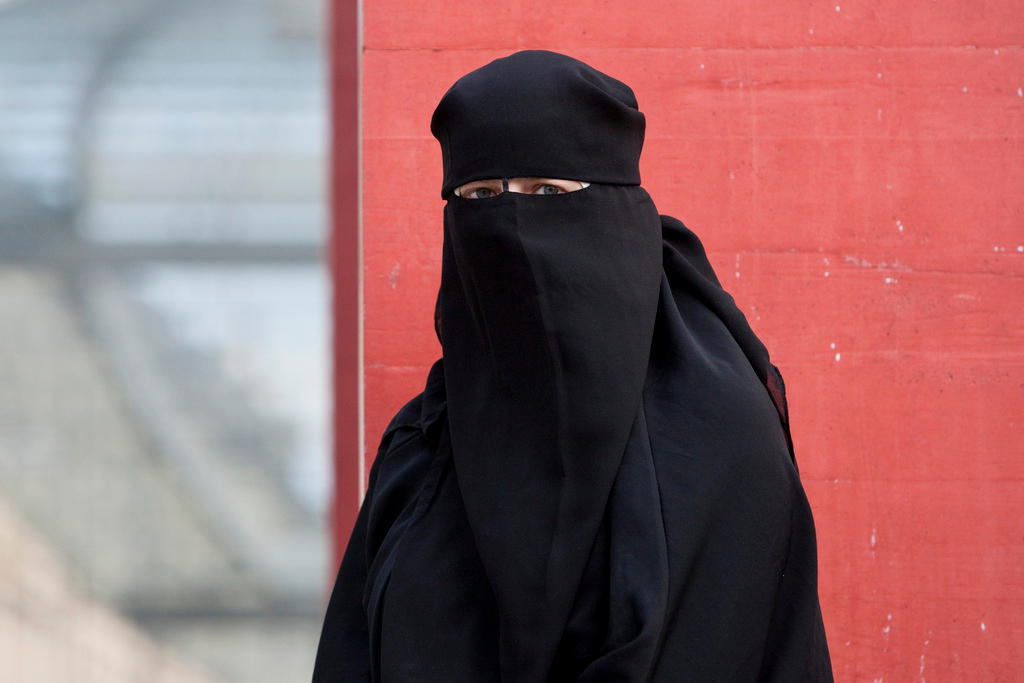Are Muslim women slaves or queens?

Three Swiss women who have converted to Islam explain their views on what practices and beliefs are rooted in religion, and what are simply local traditions.
Nora Illi is a women’s delegate in Switzerland’s radical Islamic Central Council. Natalia Darwich is a Shiite, while Barbara Veljiji and Illi are Sunnis.
All three say they are well versed in the Koran and believe in its literal interpretation. At the same time, they identify with Swiss cultural values, like the emancipation of women. They all differentiate between religion and culture.
Equality of the sexes
“A man and woman have equal rights but are not the same,” says Darwich. Illi counters that they are not equal since only women can have children and nurse them. They all affirm that according to the Koran, the man is the provider, while it’s the woman’s responsibility to look after the family, even if Veljiji herself lives differently: since the birth of her children, she provides for the family while her husband takes care of the household. They all agree that the Koran states it’s the man’s duty to work. Women are allowed to work, but do not have to.
Polygamy
There is less consensus on polygamy. “Muslim or not, I couldn’t!” says Veljiji. But Illi is convinced. “Islam stipulates that men can have up to four wives,” she says, adding that the husband must be fair and spend the same number of nights with each woman. She refused to confirm or deny whether her husband had a second wife.
Female genital mutilation (FGM)
Darwich says FGM is a tradition that has established itself by chance in Muslim countries. “One thinks it’s Islamic but it isn’t.” Illi counters this, saying that FGM is part of Islam, but that it’s not obligatory. She also thinks the extreme form, known as pharaonic circumcision, only belongs to certain cultures, with Islam only prescribing an incision of the foreskin similar to the circumcision of a young boy.
How are women treated in Islam? “Like pearls,” says Illi. “We’re queens,” adds Veljiji. Darwich takes a historical perspective, asserting that women had no worth prior to Islam.
The three women all agree that the Koran prescribes that women cover their heads. However, after converting to Islam, Darwich and Veljiji only wore a headscarf during prayer. But now all three wear it, with Illi going further by covering her face with a veil even though she says this is not mandatory.
The women insist the decision to wear the scarf and veil is theirs alone, and that they are under no pressure from family members. They say they often receive dirty looks or insults when in public.
What do you think? Do Muslim women face discrimination?
Contact the author on FacebookExternal link or Twitter @SibillaBondolfiExternal link
Translated from German by swissinfo.ch

In compliance with the JTI standards
More: SWI swissinfo.ch certified by the Journalism Trust Initiative












You can find an overview of ongoing debates with our journalists here . Please join us!
If you want to start a conversation about a topic raised in this article or want to report factual errors, email us at english@swissinfo.ch.